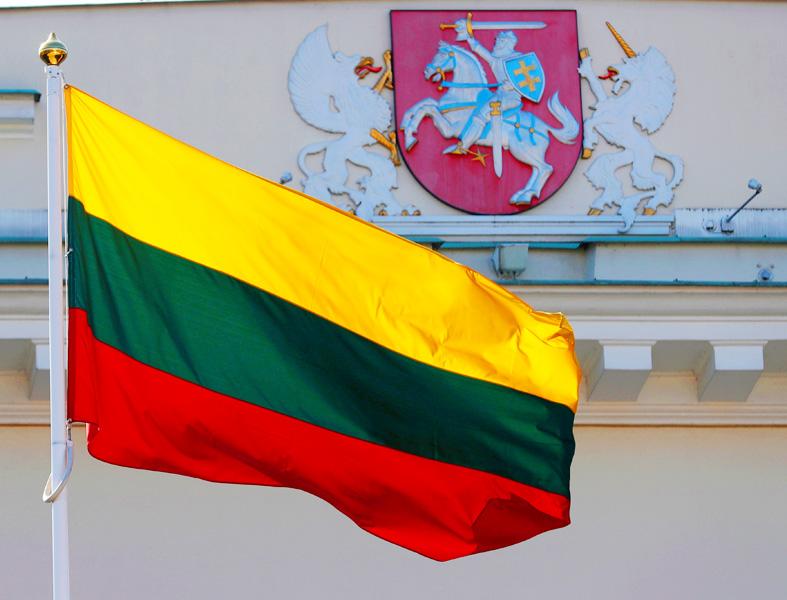Beijing has put itself into an impossible position with its response to Lithuania allowing the establishment of a Taiwanese representative office in Vilnius, a Taiwanese researcher said on Saturday.
China on Tuesday recalled its ambassador from Vilnius and demanded that the Lithuanian ambassador leave China after Lithuania agreed to the establishment of the office.
The move has left Beijing with no room to maneuver on the issue, Taiwan Thinktank consultant Lai I-chung (賴怡忠) said.
Lithuania values its relationships with the US and other NATO countries, so worsening US-China relations had affected Lithuania’s attitude toward China, he said.
Lithuania in 2004 joined the EU and NATO, and was reminded of the threat of hostile states in 2014 when Russia annexed Crimea, he said.
Lithuania in 2016 also joined the NATO initiative Enhanced Forward Presence, which deployed multinational battalion groups to countries in central and northern Europe deemed to be most at risk of Russian attack or invasion.
The Taiwanese office that has been planned for Vilnius and the Lithuanian office planned for Taipei do not represent the establishment of formal relations between the two countries, Lai said.
“Other EU countries have had similar interactions with Taiwan in the past without issue,” he said.
“However, Beijing’s hatred for Taiwan’s current administration, as well as its concern that Lithuania and Taiwan might establish formal relations ... pushed it to act this time,” he added.
Lai said that China exported 1.2 billion euros (US$1.42 billion) worth of goods to Lithuania last year, and imported 300 million euros of goods in return.
Given the relatively small amount of trade between the countries, economic sanctions would be ineffective, so Beijing opted to withdraw its ambassador instead, he said.
“Also demanding the expulsion of the Lithuanian ambassador was meant as a threat of potentially severed relations, but rather than be threatened, Lithuania might just resolve to establish formal ties with Taipei,” he said.
Lai said the “straw that broke the camel’s back” in relations was China’s response to Lithuanians voicing support for Hong Kong protestors in 2019.
At the time, the Chinese ambassador in Vilnius lodged a protest with the Lithuanian government, which put Lithuanians on guard about the country’s relationship with China, he said.
“Lithuania is different from a country like Poland, which tries to bridge two superpowers,” Institute for National Defense and Security Research member Lee Chun-yi (李俊毅) said. “Lithuania is next to Russia and is aware of the threat it poses, so it closely aligns itself with Western Europe.”
“Lithuania is the front line for the West,” he added.
Lithuania’s history of annexation by the Soviet Union has shaped its opposition to authoritarian governments, he said.
Source: Taipei Times - 2021/08/16





















